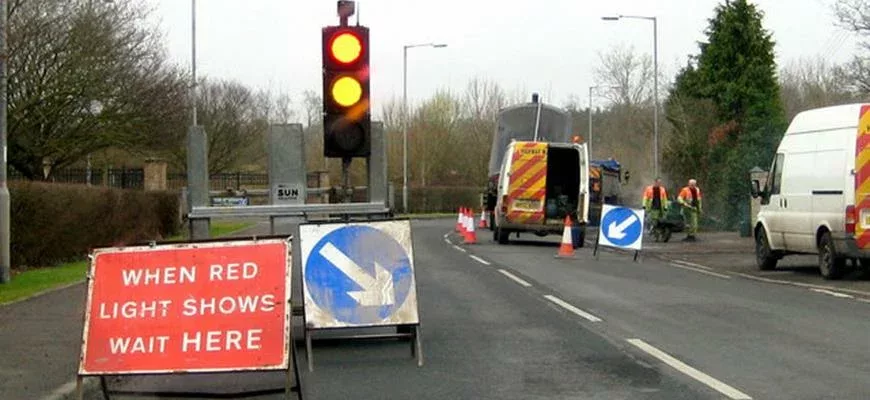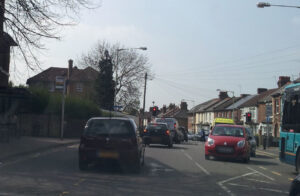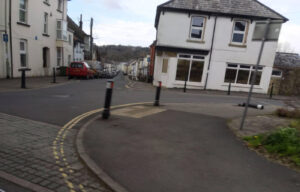Poorly planned and badly co-ordinated streetworks are having an enormous impact on bus and coach services nationwide according to research by the Confederation of Passenger Transport (CPT).
Mismanaged streetworks are leading to punctuality problems, complaints from passengers, services being cancelled altogether, long diversionary routes, administrative costs and financial penalties for operators.
Utility companies are supposed to give notice, and to obtain a permit, to carry out works. However, an increasing proportion of activity is being carried out at zero notice under ‘emergency’ provisions. For example, 40% of work carried out by Cadent in the West Midlands is done at zero notice, as is 25% of work done by Severn Trent Water.
Delays and cancellations from streetworks have contributed to a 13.5% real terms increase in bus operators’ costs per kilometre since 2019.
Keith McNally, Operations Director at the CPT, said: “We recognise the challenges that utility companies face with decaying assets and the need to repair infrastructure. However, co-ordination and planning of works is simply inadequate.
“Too often, utility companies plan works in a central corporate location with little or no local knowledge. Bus companies are given little or no notice of disruption, and when timings are communicated in advance, they often don’t match reality.
“It’s time to give more consideration to Britain’s most popular form of public transport. Bus users deserve to be treated with respect through consultation, early notification and clear updates of works. Utilities which fall short should face meaningful enforcement action.”
Common problems include overly broad permits with unnecessary contingency periods which, for example, allocate several days to work that takes only a few hours. There is often no communication when works are completed early, leaving temporary lights and lane closures in place.
Examples of disruptive streetworks provided by bus operators include:
* A single street in Plymouth, Ford Hill, which had 25 separate sets of streetworks during 2024 on a 350 metre stretch
* Seven of the eight principal routes into Reading disrupted by streetworks simultaneously – with 8 sets of temporary lights, 10 bus stop closures and 2 road closures
* Streetworks undertaken by Northern PowerGrid in Sheffield on 5 November last year, just before Bonfire Night and coinciding with Sheffield Wednesday playing at home. Described as a ‘minor carriageway incursion’ on the permit, the work required a three-way set of temporary lights at a key junction and resulted in 500 miles of bus mileage lost. Bus operators were given no notice.
* Electrical works which disrupted a main route through Romford for 14 days, classified as an emergency but with a workforce present on only half of the days of disruption
In a submission to the House of Commons Transport Committee, the CPT has called for buses to be given priority passage through work zones – via escorts where feasible – particularly for low frequency rural buses.
The CPT has also called for enhanced communication of works, for stronger enforcement of over-runs and for utility companies to fund alternative solutions – such as temporary shuttle services – where sections of a bus route cannot be served.
























